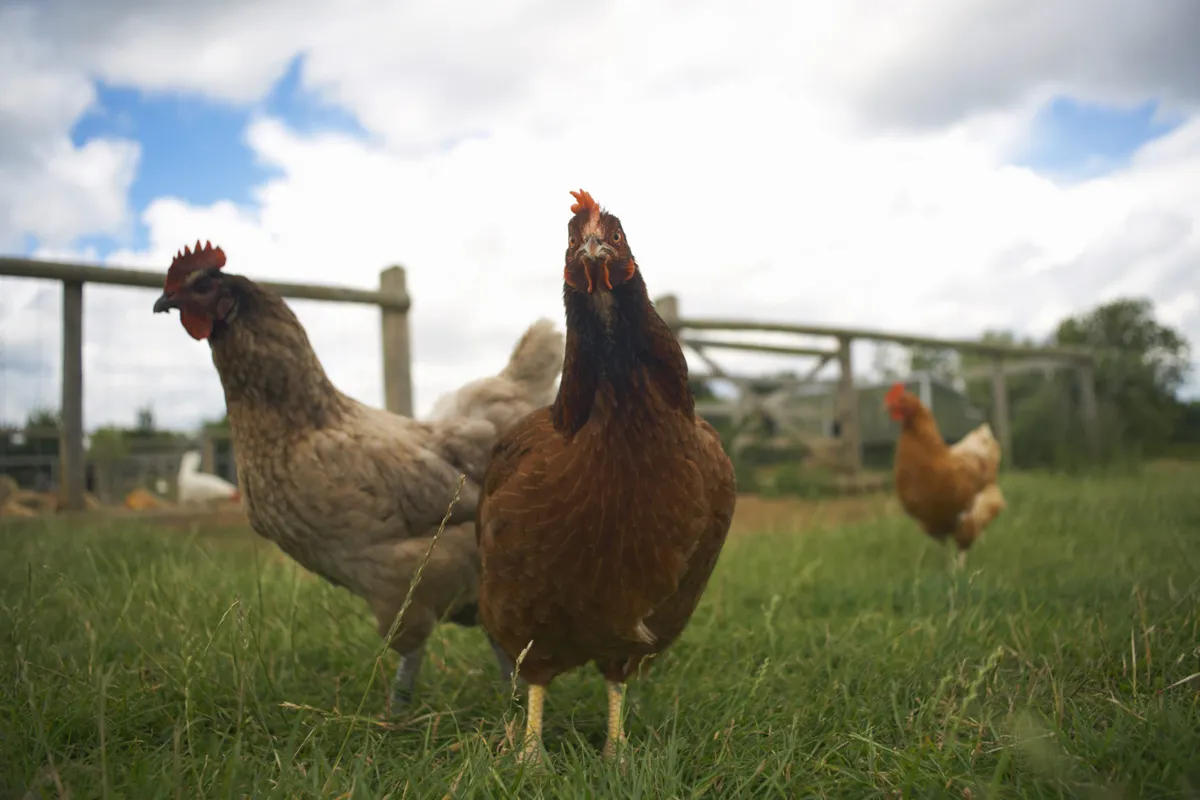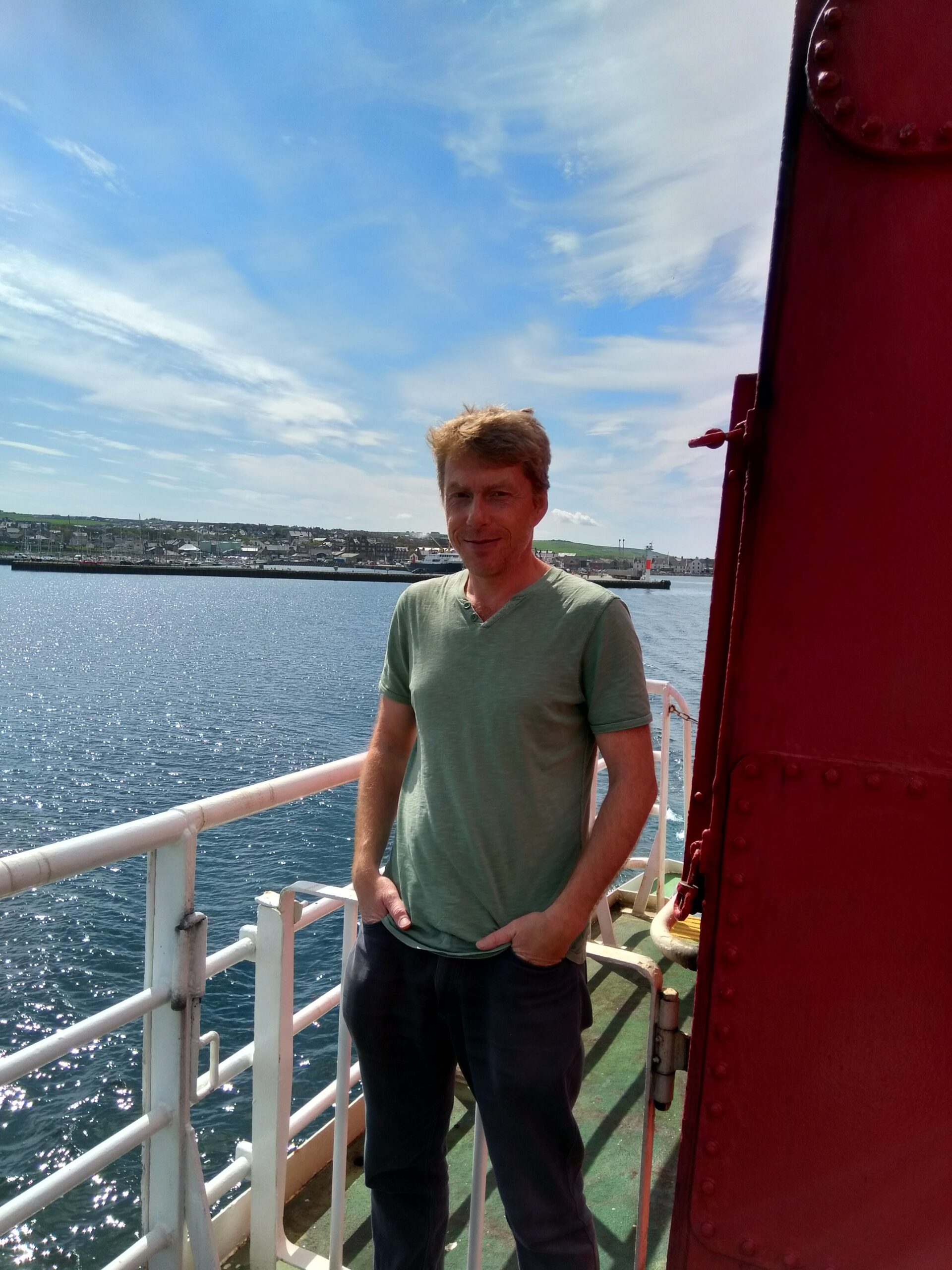Algal blooms have been reported for the first time ever occurring as high up the river’s catchment as Llanbister, in an area with very few other phosphate inputs to the river.
Fish Legal, which represents the Angling Trust and other fishing associations, has now put Natural Resources Wales, the environmental regulator in Wales, on notice that phosphate inputs into the River Wye linked to waste from free-range poultry farming have caused environmental damage. Anglers at the Ross & Wye Angling Club say they have witnessed a gradual increase in the frequency and duration of algal blooms on their fishery in parallel with the expansion of the free-range poultry industry in the upper Wye catchment.
‘This habitat should be pristine,’ said Justin Neal of Fish Legal. ‘But it has become so polluted that the river is failing to meet its status targets under national and European law. Natural Resources Wales now needs to act to prevent further harm to the Wye in line with its statutory duties.’
The move is the latest in a series of reports about pollution from farms in UK rivers. According to organisations such as the Rivers Trust and BugLife, rivers across the country are "chronically polluted" with pesticides believed to pose a threat to bee and other insect populations. Cattle slurry and silage liquor also contribute to the problem.

Large amounts of chicken excrement are often washed by rainwater into water courses, releasing nitrates and other harmful chemicals. The waste can trigger eutrophication, whereby the water becomes enriched with nutrients, triggering algal blooms that quickly remove oxygen from a river. The damage to water quality will affect mammals such as otters, shrews, eels, trout and lichens. Public water supplies can also be vulnerable to pollution from this source.
Free-range chicken farms have expanded in recent years following a 2012 EU ban on the keeping of egg-laying hens in cages. The move is estimated to have affected up to 80 million hens. The law prompted an expansion of farms that offer open-air access to the birds. This has created large amounts of waste that needs to be legally disposed of.
Greenpeace’s investigation unit, Unearthed, reported in 2019 that staff cuts meant the Environment Agency had reduced pollution inspections by up to one third.
More than 100 pesticides and 21 drugs have been detected in 29 waterways across 10 European nations, including the UK. A quarter of these chemicals identified are banned, while half of the streams analysed had at least one pesticide above permitted levels.
